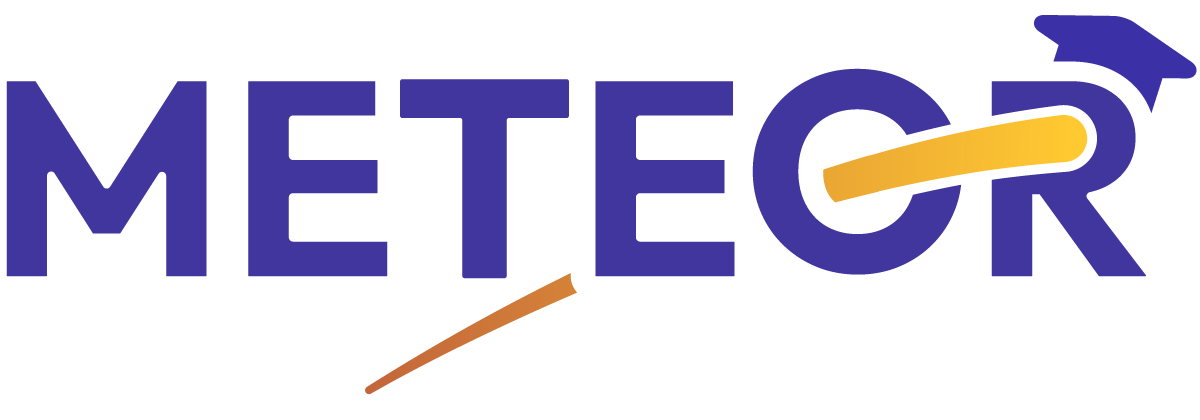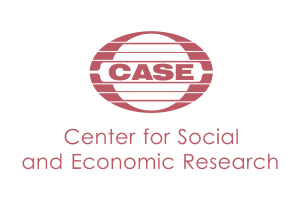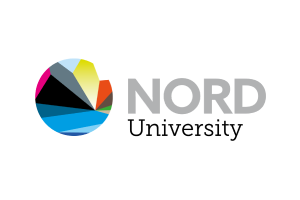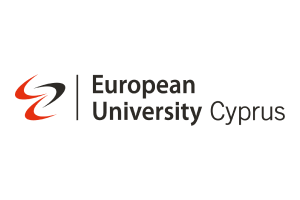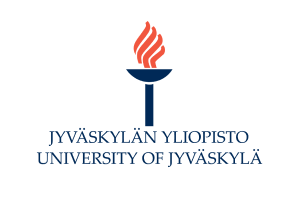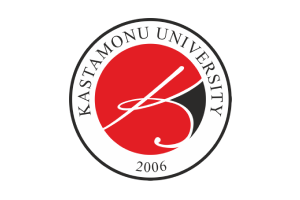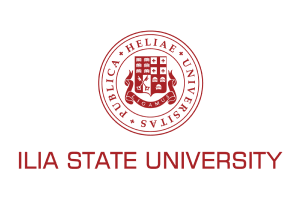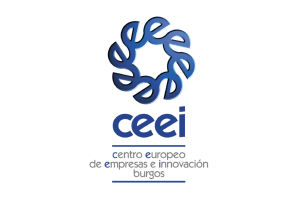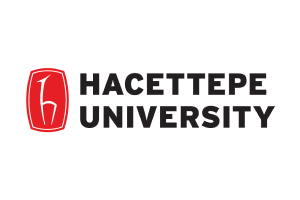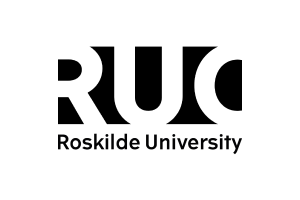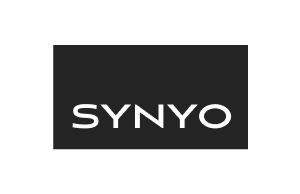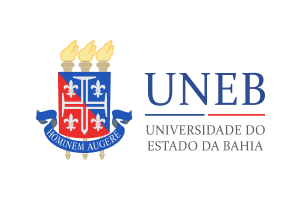CASE – Center for Social and Economic Research, Poland (Coordinator)
CASE – Centre for Social and Economic Research is an independent, non-profit research institute based in Poland. In the 2020 Global Go To Think Tank Index Report by the Lauder Institute at the University of Pennsylvania, CASE was ranked the #1 think tank with an annual operating budget under $5 million. With a strong track record in academic and industry research, CASE operates at the intersection of academic inquiry, policy development, and practical application.
CASE provides expertise on economic and social issues affecting Europe and beyond, promoting multidisciplinary collaboration and employing advanced research methodologies. Its influential insights shape policy discussions, inform government decisions, and address global challenges.
As the Project Lead in METEOR, CASE coordinates WP1 (Management) and supports all other work packages in research and implementation. With extensive experience in European-funded projects, CASE brings expert knowledge in higher education research, skills development, and sustainability.
Nord Universitet, Norway
Nord University’s Faculty of Education and Arts is its largest faculty, specialising in teacher education, humanities, and aesthetic disciplines. The faculty offers a broad range of programmes, including primary and pre-school teacher training, postgraduate teaching, sports, art, and music education.
With a strong emphasis on practice-oriented and professional research, the faculty aims to advance education, workforce development, and interdisciplinary knowledge. It has 3,350 students and 300 staff members, spanning five locations: Bodø, Levanger, Mo i Rana, Nesna, and Vesterålen.
As a METEOR partner, Nord University contributes expertise in Interdisciplinary PhD Education, Sustainable Development, Global Citizenship, PhD Supervisor Development, Peer Learning, Inclusive Education, and Intercultural Competence.
The Open University, United Kingdom
The Open University (OU), the largest academic institution in the United Kingdom, champions accessible higher education and research excellence. Staying true to its founding principles, the OU remains "open to people, places, methods, and ideas."
The Faculty of Wellbeing, Education, and Language Studies (WELS) offers postgraduate degrees in health and social care, education, sport and fitness, languages, and applied linguistics. WELS also provides language courses, international culture studies, and professional apprenticeships in nursing, advanced clinical practice, and social work. All qualifications are developed by practice-based experts and grounded in internationally recognised research.
Within WELS, Rumpus, the research centre at the School of Education, Childhood, Youth, and Sport (ECYS), leads METEOR activities in the UK. In collaboration with the Centre for Studies on Global Development and the STEM Faculty, Rumpus focuses on inclusive learning, gender equity, global education, sustainability, and digital transformation, bringing together PhD and early-career researchers from Asia, Africa, and South America.
Universita Degli Studi Di Verona, Italy
Part of the Department of Human Sciences, the Centre for Intercultural Studies of the University of Verona, promotes research, training, and educational consulting in the fields of communication, intercultural mediation, and conflict management. The Centre is committed to developing intercultural dialogue and competence to help build more inclusive societies. Its areas of intervention include schools, business, social and health care, justice, and the media.
The Centre operates in collaboration with several institutions, authorities and associations, both public and private, national and international, and with accredited professionals. It also cooperates with the IAIE (International Association for Intercultural Education). Whitin METEOR, the Centre for Intercultural Studies will be supporting the evaluation and policy impact of the project as well as the training development and implementation.
European University Cyprus, Cyprus
European University Cyprus (EUC) was founded in 2007 and developed out of Cyprus College, which was established in 1961. Today, EUC operates seven Schools, namely, the School of Business Administration, the School of Humanities, Social and Education Sciences, the School of Law, the School of Medicine, the School of Dentistry, the School of Veterinary Medicine and the School of Sciences with a total of 14 PhD programs. EUC’s impact on the local and international scientific community is profound, with several scientists affiliated with the University achieving recognition in the top 2% most cited researchers list of Stanford University. The University has an extensive portfolio of research and innovation projects, funded by the European Commission, the Cyprus Research and Innovation Foundation, the Max Planck Institute, the European Space Agency, and other governmental bodies and private organizations. In 2017, EUC was awarded the ‘HR Excellence in Research’ logo by the European Commission for providing and supporting a stimulating and favourable working environment for researchers. The EUC team will participate in all Work Packages of METEOR.
Jyvaskylan Yliopisto, Finland
The University of Jyväskylä is a strong, internationally attractive research university with societal impact, ranked among the top 3% globally. We are among the top 3% of universities internationally. Since 1863, JYU has evolved into a multidisciplinary hub where the latest research and high-quality education go hand in hand. Its vision is to be a global leader in the study of learning, wellbeing and basic natural phenomena.
JYU brings together expertise in education, natural sciences, humanities, social sciences, sport sciences, health sciences as well as economics and business administration. Its vibrant campus community of 2,800 staff and over 14,300 students foster collaboration and innovation.
The Finnish Institute for Educational Research (FIER) conducts significant educational research that promotes equality, justice, sustainability and education. It is an internationally respected research institute known for its high-quality and socially significant research. FIER’s research benefits teachers, students, educational institutions and the education system. The department actively participates in scientific and societal debate. FIER's research areas focus especially on learning, guidance, development of education, development of working life and lifelong learning.
Kastamonu Universitesi, Türkiye
Kastamonu University (KU), located in the historical city of Kastamonu, Türkiye, serves as a dynamic and progressive academic institution dedicated to excellence in education and research. As a participant in the METEOR project under the Horizon Europe framework, KU brings its robust expertise in interdisciplinary education and international collaboration. The university is actively involved in enhancing the transversal skills of PhD candidates and early career researchers, focusing on collaborative research and project development that align with societal challenges and sustainable development goals. This role underscores KU's commitment to integrating academic rigor with practical applications, aiming to address global educational needs and promote international cooperation.
Ilia State University, Georgia
Ilia State University (ILIAUNI) is a leading public research university in Georgia, located in its capital, Tbilisi. Established in 2006 through the merger of six institutions with diverse academic profiles, it has since evolved into a multi-disciplinary university with national and international research impact.
ILIAUNI consists of four faculties: Arts and Sciences, Natural Sciences and Medicine, Business, Technology and Education, and the School of Law, offering unique academic programmes, including joint and double degrees. The university hosts 47 research institutes, laboratories, and centres, fostering in-depth research across arts, social sciences, education, humanities, business, law, medicine, public health, life sciences, natural sciences, engineering, and architecture.
Currently, the University serves approximately 17,100 students, including over 750 international students. It has an academic community of 354 academic faculty members, 972 invited instructors and 236 researchers. Its educational and research processes are supported by 1206 staff members. Coupled with its highly qualified human capital and modernised research facilities in Tbilisi and across Georgia, ILIAUNI has become one of the most desirable universities for students and faculty members today.
Asociacion Para La Gestion Del Centro Europeo, Spain
The European Business and Innovation Centre of Burgos (CEEI-Burgos) is a non-profit organisation established in 1994 by the Burgos City Council and the Provincial Government of Burgos, Spain. CEEI-Burgos leads Work Package 3 (WP3) in the METEOR project. CEEI-Burgos actively participates in the European Business and Innovation Centre Network (EBN) and operates within the ESINET framework (European Space Agency Business Incubation Programme). Additionally, it is a member of ANCES (National Association of Spanish BICs) and the European Microfinance Network (EMN).
Its core services include: Business incubation (4,981 m² incubation facilities); Entrepreneurship promotion and consultancy (business plans, feasibility studies, advising and mentoring); Innovation support; Microfinance management; Regional, rural, and local development; Investment readiness and funding; and Social economy promotion. CEEI-Burgos holds extensive experience coordinating and partnering in European projects funded through various programs such as Horizon Europe, Interreg Europe or Erasmus+ .
Hacettepe Universitesi, Türkiye
Hacettepe University (HU) is a leading public university in Türkiye, home to over 53,000 students, 4,000 researchers, 300 research laboratories, 90 research centres, 1,000 ongoing research projects, 16 faculties, 15 graduate schools and institutes, five hospitals, and a Technopolis hosting 270 R&D companies.
As a research- and innovation-driven institution, HU provides students and researchers with opportunities to tackle local and global challenges, cross disciplinary boundaries, and engage in interdisciplinary research that drives innovation and societal impact.
Forty-four HU-affiliated researchers have been recognised on Stanford University’s World’s Top 2% Scientists list for their contributions to scientific excellence. HU also hosts researchers across multiple disciplines, with projects funded by the European Commission, NASA, the European Space Agency, the European Molecular Biology Organisation, the Gates Foundation, the Turkish Academy of Sciences, and the Scientific and Technological Research Council of Türkiye.
Roskilde Universitet, Denmark
Roskilde University was originally established in order to challenge academic traditions and to experiment with new ways to create and acquire knowledge. At RUC we cultivate a project and problem-oriented approach to knowledge creation, because we believe that the most relevant results are obtained by solving real problems in collaboration with others. We employ an interdisciplinary approach because no major problems are ever resolved on the basis of any single academic discipline alone. We also cultivate transparency, because we passionately believe that participation and knowledge-sharing are prerequisites for freedom of thought, democracy, tolerance and development.
The world is changing rapidly. Social and technological developments are constantly providing human societies with new opportunities and challenges. As a university, RUC must not simply follow in the wake of these developments or merely try to understand them - we must also actively shape them. We must create the opportunities that no one can yet imagine. We must also help to develop sustainable solutions to the major challenges we will face in the future, both nationally and globally, in areas such as the environment, inequality, democracy, health and cultural coexistence.
SYNYO GmbH, Austria
SYNYO is an innovative research and technology company based in Austria, specialising in the intersection of Information and Communication Technologies (ICT) and society. With a strong focus on social science research, SYNYO develops smart solutions for citizens, consumers, and decision-makers across disciplines such as big/open data, smart technologies, security, energy, environment, mobility, and smart cities. SYNYO has been involved in over 60 research projects, serving as coordinator for 17 European projects (FP7, H2020, AAL, Urban Europe). Its interdisciplinary team covers the entire project lifecycle, from investigation and concept development to technical implementation, programming, validation, dissemination, and exploitation. SYNYO maintains strong ties with the scientific community and collaborates with numerous universities and practitioner networks. In recent years, it has ranked among Austria’s most successful research-oriented SMEs, as recognised by the national research agency.
Within METEOR, SYNYO leads Work Package 6 (Dissemination, Communication, and Exploitation), ensuring that the project's insights and knowledge are effectively shared, actively promoted, and sustained beyond its duration.
Universidade Do Estado Da Bahia, Brazil (Associate)
The State University of Bahia (UNEB), founded in 1983, is geographically present in all regions of Bahia, structured within a multi-campus system. It comprises over 30,000 individuals, including students, faculty, and technical staff, who drive the innovative potential of the Bahian people through research, teaching, and extension activities. UNEB's mission is to produce, disseminate, socialise, and apply knowledge across various fields, always aiming for the holistic development of individuals and the enhancement of the economic, technological, social, cultural, artistic, and literary potential of the Bahian community. UNEB comprises 33 departments across 29 campuses, including its central administration in the state capital and others spread across key municipalities. The university offers more than 200 undergraduate programs in both on-campus and distance learning (EaD) modalities. At the graduate level, UNEB provides 32 master’s and doctoral programmes, advancing scientific, technological, and innovative development across Bahia.
At Meteor, we are committed to participate in activities across all Work Packages and will support the implementation of activities in Brazil, disseminating and expanding the reach of the project.

